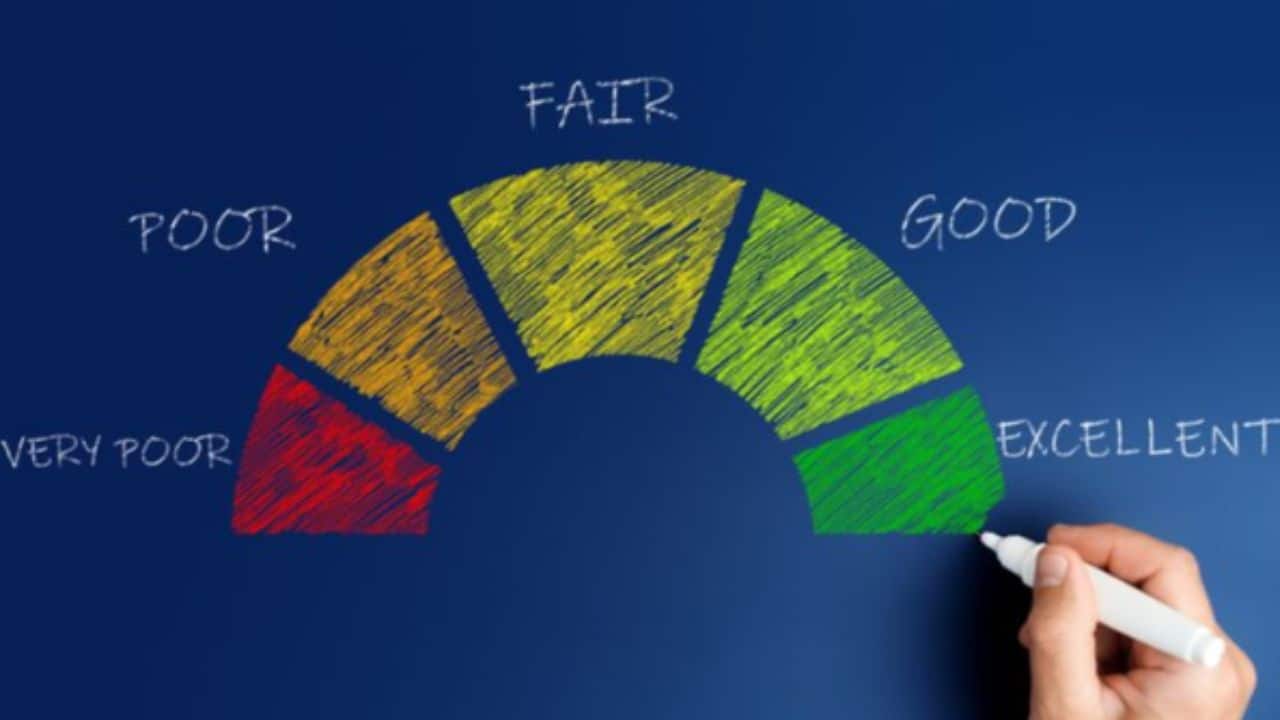In the intricate web of the modern business landscape, the supply chain stands as a pivotal cornerstone. Efficiently managing this complex network of processes, resources, and stakeholders is essential for achieving seamless operations and sustained growth. Enter Enterprise Resource Planning (ERP) systems – the technological catalysts that have become a non-negotiable necessity in the supply chain management industry. In this comprehensive article, we uncover the reasons why ERP is not just a tool, but a lifeline for businesses navigating the intricate world of supply chain management.
The Supply Chain Symphony: A Dance of Complexity
Picture the supply chain as an intricately choreographed symphony, where each note represents a process, from raw material procurement to final product delivery. Coordinating this intricate dance requires real-time visibility, data-driven insights, and agile decision-making. This is where ERP emerges as the conductor, orchestrating the symphony with precision and finesse.
Real-Time Visibility: A Cornerstone of Operational Excellence
In the realm of supply chain management, visibility isn’t just a luxury; it’s a strategic imperative. ERP for supply chain systems provide businesses with a unified platform where every facet of the supply chain is accessible in real time. From inventory levels and production schedules to order statuses and distribution routes, ERP empowers decision-makers with the data they need to optimise operations and respond swiftly to market dynamics.
The Power of Data-Driven Insights
The modern supply chain is awash with data – a goldmine of insights that can shape strategies and drive growth. ERP systems act as data repositories, collecting, analysing, and translating raw information into actionable insights. This analytical prowess empowers businesses to make informed decisions, anticipate trends, and fine-tune their supply chain processes for enhanced efficiency.
Streamlining Operations: Efficiency at Every Turn
Efficiency is the cornerstone of profitability, and ERP is the catalyst that streamlines operations at every juncture. From demand forecasting and procurement to production scheduling and distribution, ERP optimises processes, minimises bottlenecks, and ensures resources are allocated judiciously. This efficiency not only reduces operational costs but also enhances customer satisfaction through timely deliveries and consistent quality.
Collaboration Elevated: ERP as a Collaborative Platform
The supply chain is a collaborative endeavour involving various stakeholders – suppliers, manufacturers, distributors, and retailers. ERP acts as a bridge, connecting these disparate entities onto a single platform. This synergy facilitates real-time communication, data sharing, and collaborative problem-solving, ensuring that everyone is on the same page and working towards a common goal.
Navigating Complexity: ERP’s Role in Compliance and Risk Management
In a globalised market rife with regulations and uncertainties, compliance and risk management are paramount. ERP systems incorporate compliance parameters into their processes, ensuring adherence to industry standards and regulations. Moreover, ERP equips businesses with predictive analytics capabilities that enable proactive risk management, helping them anticipate and mitigate potential disruptions.
Scalability and Adaptability: Future-Proofing the Supply Chain
Business landscapes evolve, and supply chains must evolve with them. ERP systems are designed to be scalable and adaptable, accommodating growth, diversification, and changing market dynamics. Whether expanding operations, integrating new technologies, or venturing into new markets, ERP provides the flexibility to pivot and thrive in an ever-changing environment.
Conclusion: ERP – The Heartbeat of Supply Chain Management
In the pulsating heart of the supply chain management industry, ERP systems have solidified their position as the vital lifeline that sustains operations, nurtures growth, and propels innovation. The ability to synchronise processes, harness data insights, and foster collaboration is indispensable in an era where competitive advantage hinges on agility and efficiency. As businesses continue to navigate the complexities of the supply chain, ERP remains their unwavering ally, guiding them through the symphony of processes and towards the crescendo of success.






































